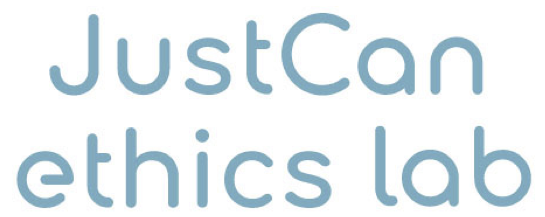
Evidence-based research to drive ethical policy and practice change.
Our program of research addresses urgent ethical issues at the forefront of complex decisions in cancer care, with specific research aims under the themes of novel therapeutics, clinical trials, medical assistance in dying (MAiD), and artificial intelligence in precision medicine.
Given the increased prevalence of patients living with advanced cancer, there is an urgent need to develop, and rigorously evaluate, decisional support interventions and policies that address these pressing ethical issues in a rapidly evolving healthcare landscape.
Research themes.
Novel Therapeutics
In an evolving landscape of patient engagement and person-centered care, we are incorporating patient values into drug funding and allocation decisions about innovative and costly cancer treatments.
There is a need to understand and integrate patient preferences regarding novel therapeutics to inform value-based models for equitable allocation of healthcare resources.
Clinical Trial Decision-Making
Our research focuses on supporting patient decision-making about trial participation and enhancing equitable access to oncology clinical trials and associated ethical concerns.
It is critical that diverse populations are included in clinical trials so that the knowledge generated impacts health outcomes equitably.
Medical Assistance in Dying
Artificial Intelligence in Precision Medicine
The majority of requests for medical assistance in dying (MAID) are received from patients with advanced cancer. Loss of autonomy and personal control is the primary reason cited for MAID requests.
Although MAID requests may be motivated by subjective experiences of existential, psychosocial, and physical symptoms, there is no objective measure of intolerable suffering.
As such, compassionate communication about end-of-life care options between healthcare providers, patients, and caregivers is imperative.
There is growing interest in utilizing large language model (LLM) chatbots (e.g., ChatGPT) to provide healthcare information and emotional support to patients and their caregivers through empathetic conversation.
Our research explores the ethical considerations and patient, caregiver, and clinical perspectives regarding the responsible and compassionate implementation of this technology in healthcare.

